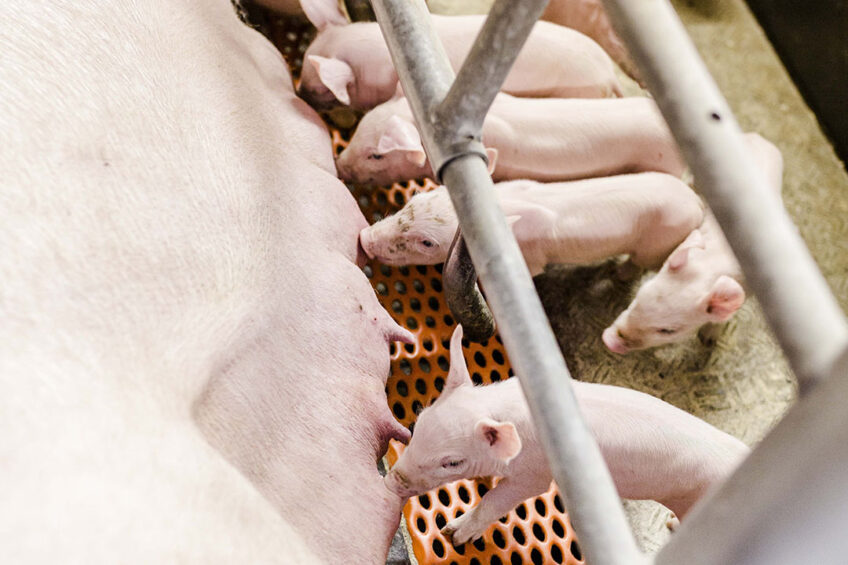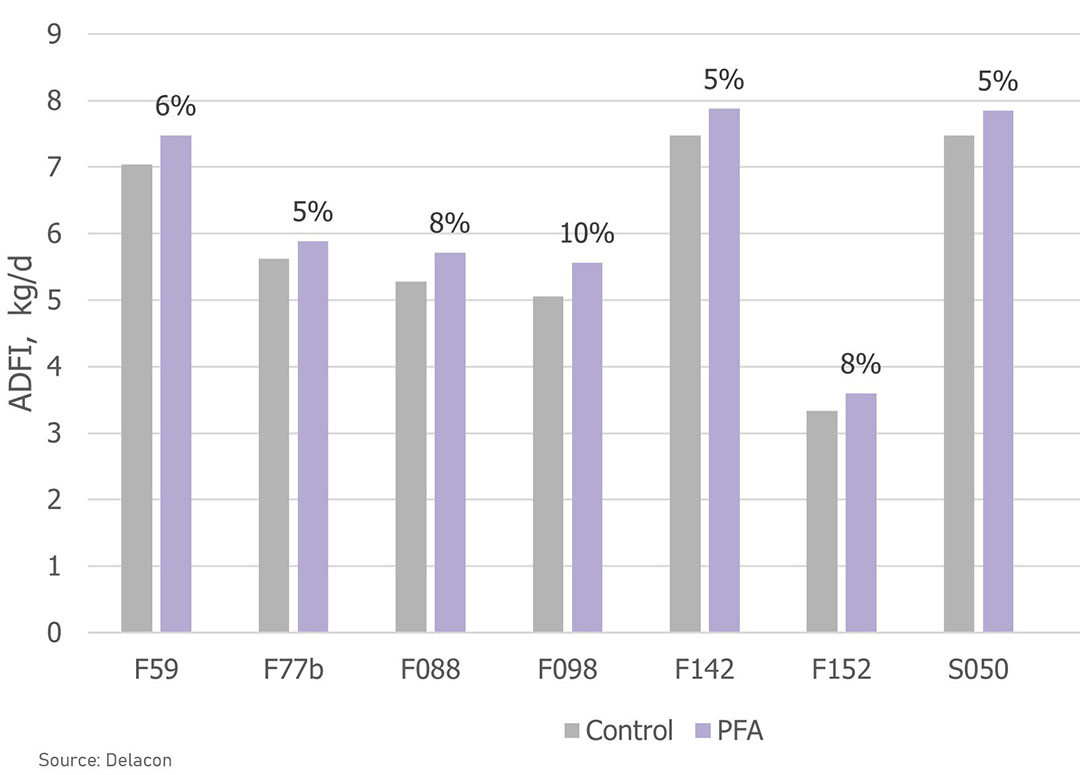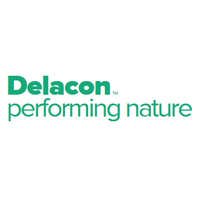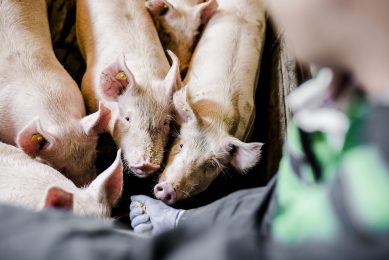Reducing the impact of heat stress in lactating sows

Heat stress conditions represent a challenge to the swine industry, especially for lactating sows. Management strategies and dietary interventions that can help sows deal with heat stress should be implemented to maximise sow performance and mitigate economic losses for swine producers.
Pork production systems are impacted by heat stress during the summer or regularly in locations where an environment of high temperatures is constant (tropical zones). The adverse effects of heat stress are associated with inconsistent growth rate and feed conversion, decreased carcass composition, reduced fertility, poor sow performance, and increased mortality (mainly in sows and market hogs). All of which translates into economic losses for the pork producers. For instance, the estimated annual losses due to heat stress in the US swine industry are nearly US$ 1 billion.
The lactating sow is highly vulnerable to heat stress
Heat stress in sows has consistently been associated with a reduction in voluntary feed intake, milk production, increase in sow body weight losses, and reduction in the growth rate of the litter.
Heat stress conditions also affect the sow’s subsequent reproductive cycle; they present longer intervals between weaning and estrus or fail to return to estrus. Moreover, embryo losses are compromised during heat stress conditions, consequently reducing the farrowing rate and the total number of pigs born and increasing non-productive days, being sows at first parity, the most vulnerable group.
Management strategies for heat stress
Several management strategies can be applied to improve sow comfort during periods of elevated ambient temperature. Adequate environmental temperature for the lactating sow can be maintained by using evaporative cooling systems (through the so-called “cool cells” or drip sprinklers), increasing ventilation rate, and using flooring materials with conductive properties.
Other management strategies include an adequate supply of fresh feed and water, feeding sows during a cool time of the day, encouraging sows to stand during the day to stimulate water and feed consumption, and conducting breeding tasks such as estrus detection and insemination early during the day to avoid negative impacts of high temperatures on pig behaviour.
Nutritional strategies for heat stress
Managing sows’ feed intake during lactation is an essential component of the success in sows’ farms. The target is to maximise feed intake, especially when voluntary feed intake is reduced during heat stress conditions. Nutrient intake can be improved by increasing the nutrient density of the lactation diet; this can be achieved by increasing dietary fat and reducing the amount of crude protein or crude fibre.
Other nutritional strategies include using feed additives that can stimulate feed intake or adding bioactive compounds that can help the animal mediate the effects of heat stress. During heat stress, sows increase respiration rate and redirect blood flow from tissues and organs to the skin to transfer metabolic heat to the environment. The redirection of blood causes a cascade of adverse effects such as dehydration, organ injury, gut permeability, and inflammation. Therefore, dietary strategies to minimise intestinal permeability and inflammation are of interest and include antioxidants (for example, vitamin C, vitamin E, selenium, feed additives with antioxidant properties, and others).
Phytogenic feed additives support lactation feed intake
Phytogenic feed additives (PFA) are a group of natural substances derived from herbs, spices, and other plants. The key benefits of PFA are associated with the antioxidant properties, improved palatability, and stimulation of feed intake in swine.
There are two different modes of action for the anti-oxidative effect of PFA, especially for essential oils. Depending on the molecular structure, essential oils can scavenge reactive oxygen species (ROS) and thereby neutralise them. Secondly, essential oils can support the endogenous antioxidant system by increasing the production of antioxidant enzymes. Superoxidase dismutase (SOD) and glutathione peroxidase (GSH-Px) are necessary antioxidant enzymes that inactivate harmful ROS. A study on sows has shown that adding PFA compounds stimulates the synthesis of these enzymes, thereby supporting the endogenous antioxidant system (Table 1).
A phytogenic mixture (essential oils, flavonoids, pungent substances, and mucilages) has been demonstrated to enhance the feed intake of lactating sows. A collection of seven studies have been conducted under diverse production conditions. In each study, sows were fed either a control diet or a diet with the addition of this phytogenic mixture (400 g/MT) during the overall lactation period. Figure 1 shows the treatment’s response to average daily feed intake during lactation. The figure indicates that lactating sows supplemented with the phytogenic mixture consistently improved feed intake (on average +7%) compared to the control treatment. This data suggest that this specific phytogenic formula can support lactation feed intake.
Figure 1- Effect on daily feed intake of lactation sows (7 trials).

Conclusion
Heat stress conditions represent a challenge to the swine industry, especially for lactating sows. Management strategies and dietary interventions that can help lactating sows cope with heat stress should be implemented to maximise the sow performance and mitigate economic losses for swine producers. Phytogenic feed additives can be considered a nutritional strategy to support lactation feed intake.



